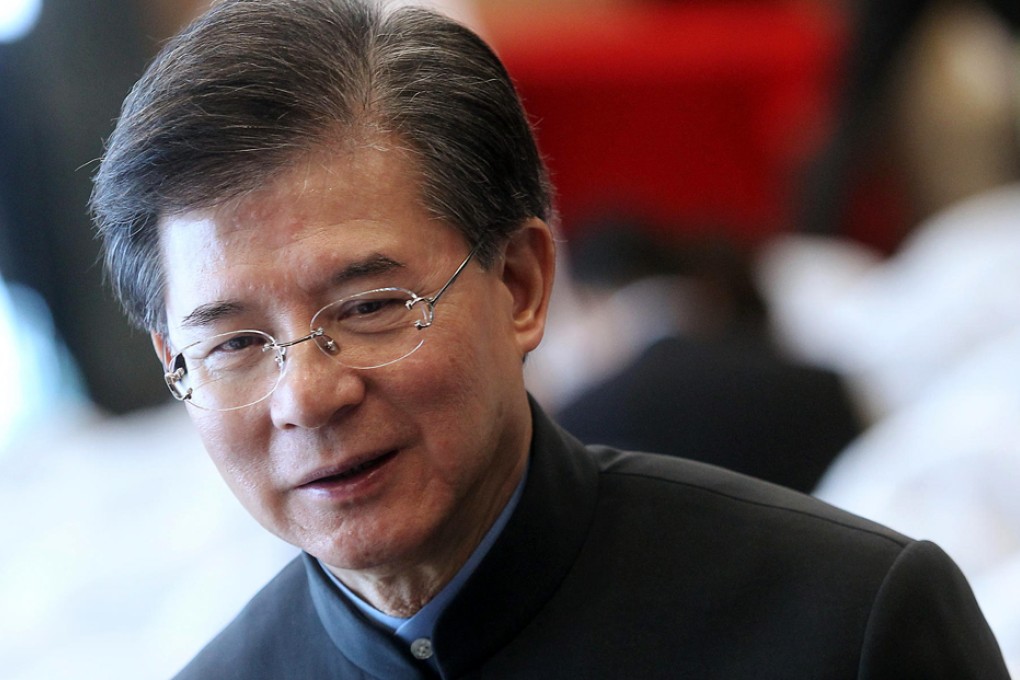Update | Adviser on Basic Law admits naivety on political activity and democracy
Dr Vincent Lo tells forum committee did not expect Hong Kong to become so politicised

A member of the committee which advised on the drafting of the Basic Law in the 1980s says he and his colleagues may have been too "optimistic" in "naively" believing that there would not be much political activity after the 1997 handover.

On moves towards universal suffrage for the 2017 chief executive election, Lo warned that "even if we find a new election method supported by most, it will not be a panacea unless we can find the key to unlock" the stalemate between the executive branch and the legislature.
"We wrote an executive-led political system into the Basic Law, buttressing it with the civil service … [expecting civil servants] to run the government as before," said Lo, chairman of Shui On Holdings and a delegate to the Chinese People's Political Consultative Conference.
"The politicised atmosphere … today proves us wrong and it shows our ignorance and poor understanding of politics and democracy back then."
Lo said the crux of the structural problem concerning governance was the executive-legislature relationship and he suggested a future leader might break the logjam by forming an alliance with political parties. He called on Hongkongers to "go back to our fine tradition of pragmatism" and urged politicians to make "genuine" compromises.
Lo also lamented that a widening wealth gap had led Hongkongers, especially the young, to blame mainlanders for their "bleak life prospects".